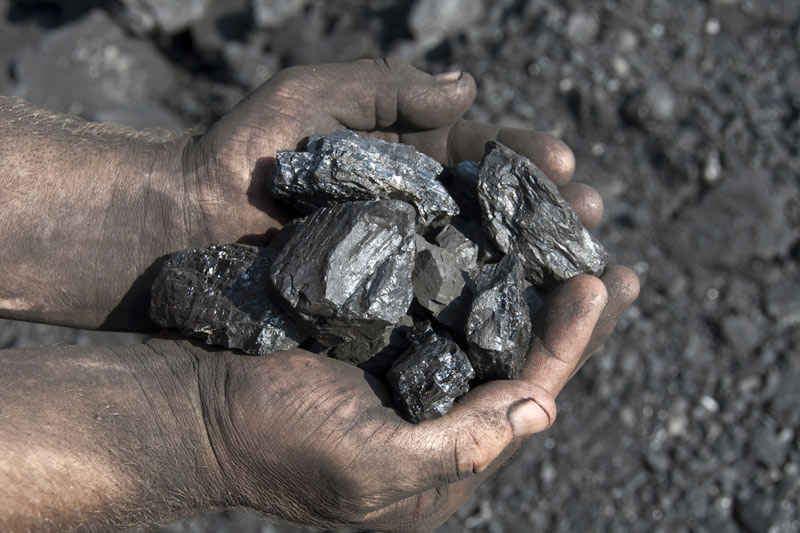(Adds details)
JOHANNESBURG, Oct 2 (Reuters) - South Africa's National Union of Mineworkers (NUM) will strike in the crucial coal industry from Sunday after wage talks collapsed earlier this week in a country that relies heavily on coal for electricity.
Africa's most advanced economy, beset by power shortages, relies on coal for its electricity and is also a major exporter to Europe and Asia.
"We served the coal sector with a notice to down tools on Sunday from 1800 (local time)," NUM spokesman Livhuwani Mammburu told Reuters.
Wage talks collapsed on Wednesday and the NUM was granted a certificate to strike by a government mediator, a necessary step before calling a stoppage.
About 30,000 workers could take part in the strike by the NUM. Two smaller unions which represent mostly skilled workers and supervisors accepted the coal companies' offers last week.
NUM's arch rival, the Association of Mineworkers and Construction Union (AMCU), has also not accepted the offer but its membership levels are very small.
NUM's latest demand for its lowest-paid members was for increases of 1,000 rand ($72) a month, which the union said amounted to about 13 percent.
The Chamber of Mines, which represents Glencore GLEN.L , Anglo American Coal AAL.L and Exxaro EXXJ.J , said the coal producers had raised their offer to wage increases of up to 8.5 percent for the lowest-paid workers, from 8 percent previously.
Officials at the chamber were not available to comment.
South African inflation is running at 4.6 percent.
Eskom has said it only had enough coal to last up to a month but could look into other options, such as trucking coal directly from the mines to power stations.
Eskom has struggled to meet power demand, an important factor behind the economy's contraction in the second quarter.
Like other mining sectors, coal has been hard hit by sliding commodity prices in the face of slowing Chinese growth, while power and labour costs in South Africa have been rising sharply.
South Africa's mine workers have grown increasingly militant amid perceptions that wages for the mostly black labour force remain too low two decades after the end of apartheid rule.
($1 = 13.9572 rand)
